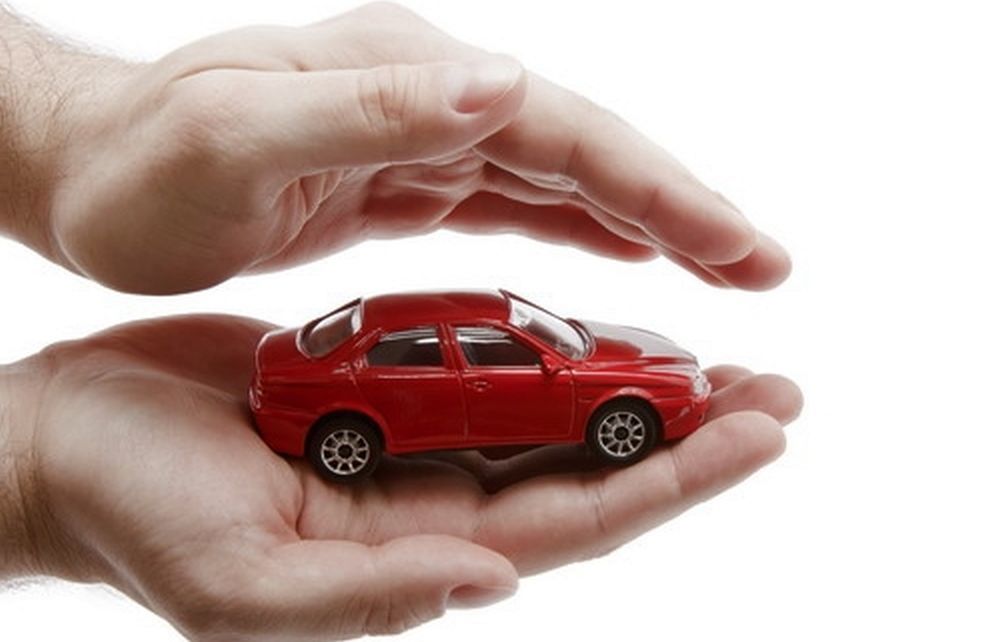When Do I Need To Increase My Auto Insurance Coverage?
When do I need to increase my auto insurance coverage? Are you asking yourself this question? Well, the answer really depends upon what you are using your vehicle for and how much it puts you at risk. You should carefully consider the consequences of not carrying enough coverage and determine if changing your policy is necessary.
First off, if you have recently purchased a new vehicle or have recently made any significant upgrades to your existing car, like adding a powerful engine, you may need to increase your coverage. The more expensive your car, the more you may need to spend on insurance to make sure it is adequately protected. Even if your vehicle is somewhat older, you may find yourself needing additional coverage to better protect yourself and your finances.
You may also need to increase your coverage if youve recently moved to a more dangerous area. Even if youre a great driver, you may be more likely to get into an accident or experience someone else’s reckless driving in a densely populated area like a city or metropolis. Similarly, if there is a higher theft rate in your area, you may need to get the right insurance to make sure your car is covered in the event of a burglary or other criminal acts.
Certain activities may also necessitate additional coverage. For example, if you regularly go off-roading, you may need protection for rental or replacement vehicles, fuel costs, and towing expenses. Similarly, if you’re using your vehicle to deliver goods or services for a fee or run an Uber, you may need extra coverage to cover for any potential damages or liabilities.
It’s also important to take rates and deductibles into account. If your premiums have gone up significantly and your driving habits remain relatively unchanged, you may want to consider getting higher coverage. On the other hand, if your premiums have increased more than expected, you may want to increase the deductible to lower your premium.
Finally, you must consider driver safety and support. If you’re a safe driver and have a good record, you may be able to lower your premium by investing in a good driving course. Alternatively, if you’re involved in any points-racing programs, you may want additional coverage in case you suffer a major incident.
In summary, the decision to increase auto insurance coverage largely depends upon what you are using your vehicle for and how much it puts you at risk. There are numerous factors to consider when deciding whether or not to raise coverage. From recent purchases or upgrades to your car to moving to a more dangerous area, to any type of delivery services or points-racing programs, you must consider all the possibilities and make sure you have the right insurance coverage for you.
When considering an increase in coverage, there are some factors that must be taken into account. Your claims history, the value of your assets, your age, and the value of your car should all be considered. In addition, do some research on the relative safety record of your current provider as well as their reputation with respect to customer service. Evaluating your policy regularly will help ensure it meets your needs and is financially sound.
Are you aware of different types of coverage? Liability coverage, collision coverage, comprehensive coverage, and uninsured or underinsured motorist coverage are all types of coverage that can make up the total value of your policy. You will need to have a clear understand of each type and its purpose before you can make a sound decision about the coverage you need.
You should also know the financial implications of the coverage you decide to add. The lower the deductible, the more it will cost each year. And if your deductible is too high, you may be stuck with repair and medical costs that your insurance isnt covering. Before you make any changes, research the cost of coverage for your area and compare and contrast with your current provider.
Finally, you should be familiar with the claims process. Read and understand any terms and conditions that may be associated with the policy youre considering. Your provider should be responsive, and provide timely service throughout the claims process. Ask questions, read the fine print, and make sure youre comfortable with the policy and provider before signing anything.
When added to the primary coverage, there are a few additional insurance policies you may want to consider. You may want additional coverage for renters, medical payments, and towing and legal fees. Consider also investing in a gap insurance policy to cover any shortfall between the loan owed on your car and its current value.
It pays to shop around when youre considering different policies, and to compare them carefully. If you dont have the time to do the research yourself, consider enlisting the services of an insurance broker or agent. A broker or agent can assess your needs and shop around on your behalf to find the best policy for you.
Finally, take time to double check the information you provide on your application. Ensure that it reflects the current status of your vehicle, driver license, and resident address. Making any false statements on the application can lead to problems with the insurer in the long run.
Ultimately, the decision to increase your auto insurance coverage will depend on a variety of factors. Assess your needs, understand your policy, budget for insurance expenses, and become familiar with the claims process. Doing this job right can help to ensure that you have the coverage you need when the time comes.
When increasing your coverage, it is also important to look for discounts that may be available. Many insurers will offer discounts for drivers who complete defensive driving courses and maintain a good driving record. Research any special discounts that might be applicable to your policy and get the most out of your coverage.
You may also want to review your insurance policy to make sure that it provides sufficient coverage for rental and replacement vehicles, fuel cost reimbursement, and towing expenses. Make sure that your policy covers rental and replacement vehicles in the event that your own car cannot be used due to an incident. Also, ensure your policy has the ability to reimburse fuel costs and towing expenses due to an incident.
Sometimes, additional coverage may be more beneficial than an increase in coverage. If you are considering more than just increasing your coverage, ask your insurer about any additional coverage options that may be useful to you. These coverage options can include medical payment, rental car, and roadside assistance coverage.
Lastly, if you are unsure about your coverage, reach out to your insurer for advice. An experienced agent can provide insights and suggestions so you can make an informed decision about your insurance coverage. Remember, making sure your vehicle is adequately protected is as important as ever.

